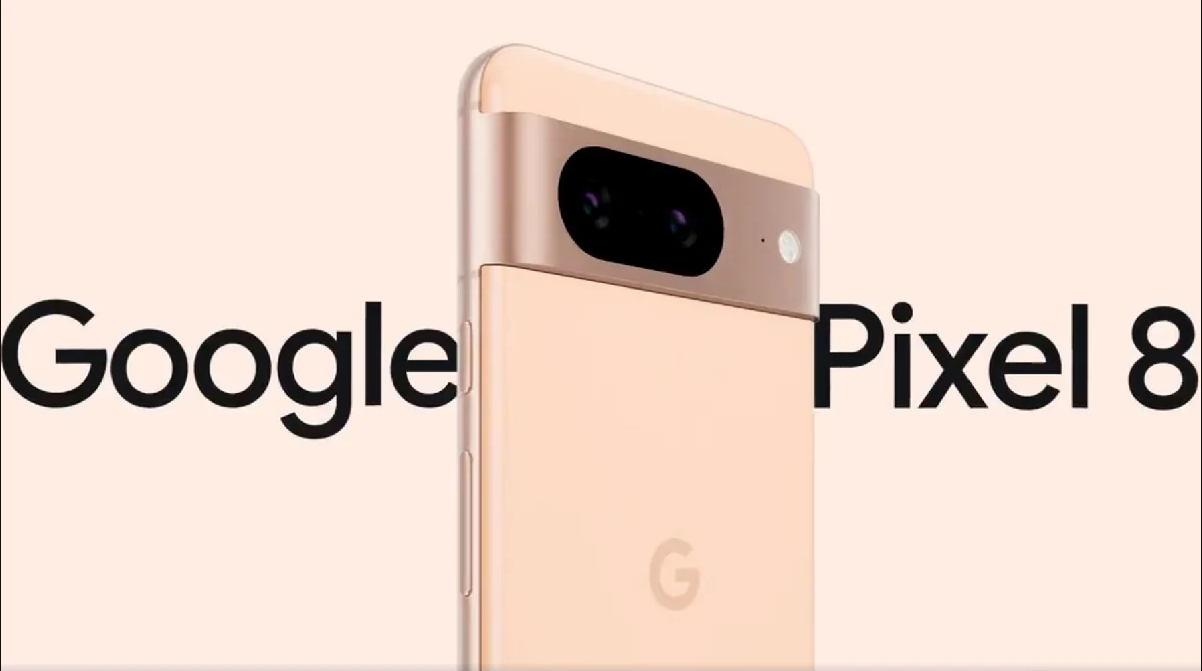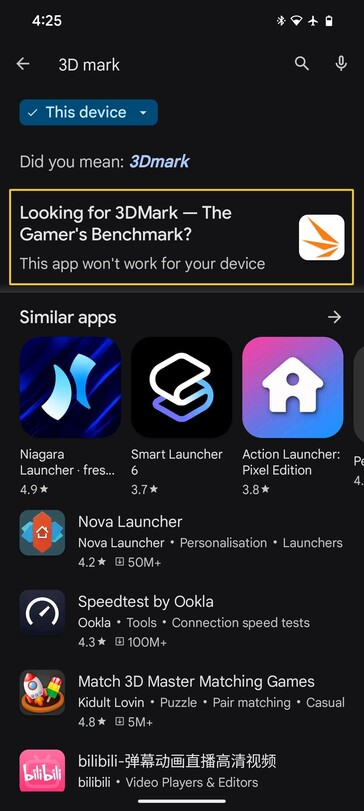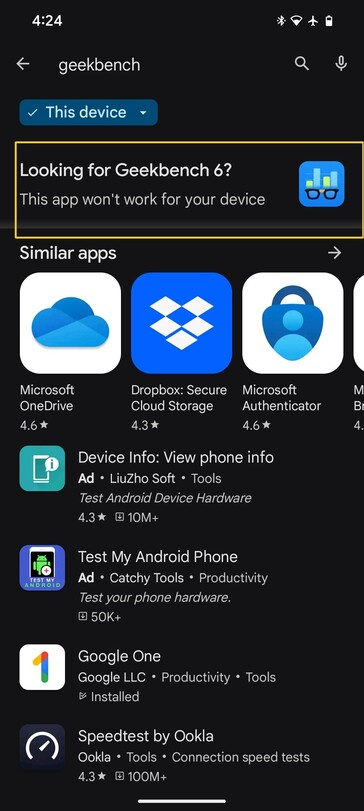Google took extraordinary measures against the Pixel 8 and Pixel 8 Pro, preventing reviewers from directly downloading popular benchmarking tools, including Geekbench and 3D Mark, through its Play Store. Furthermore, the company also extended this block to all new users of Pixel 8 phones after the release, attempting to suppress the spread of benchmark results.
Geekbench, a popular testing software that evaluates smartphone CPU performance, and 3DMark, a testing software that evaluates GPU performance, are typically run during the review process. They serve as the foundation for reviewers to form an overall assessment of the device based on objective data and qualitative analysis derived from actual usage.
Google emphasizes that the Tensor G3 chip is designed with efficiency and artificial intelligence in mind, rather than solely chasing performance. This demonstrates the company’s keen awareness of the chip’s relative performance limitations. While some reviewers were barred from installing the test software through the Google Play Store, others found ways to bypass this restriction through “sideloading.” Consequently, the results of the Tensor G3 chip on Geekbench, 3DMark, and other testing software were exposed, revealing its mediocre performance.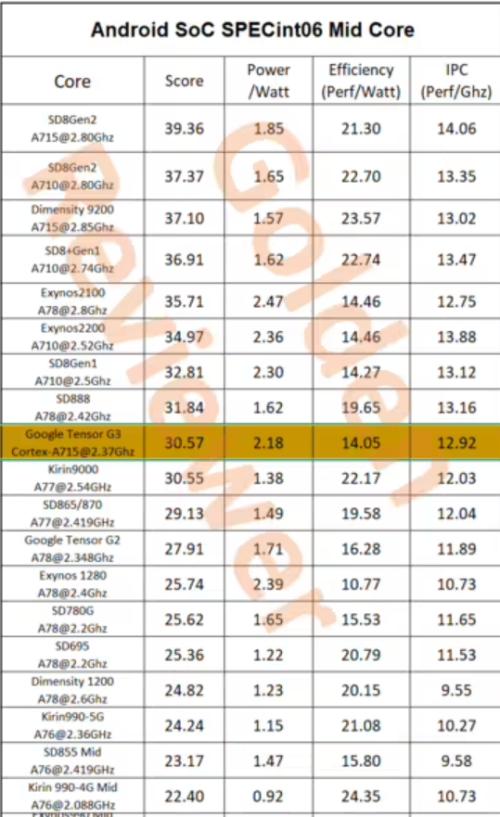
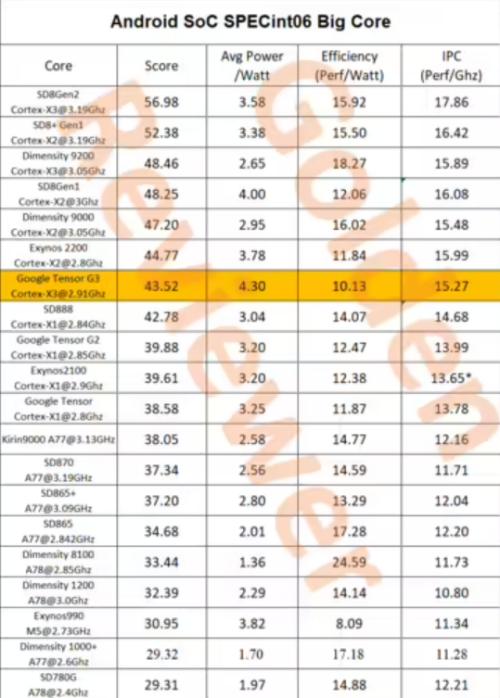
In the Geekbench 6 results, the Tensor G3 chip in the Pixel 8 Pro phone scored 1760 in the single-core test and 4442 in the multi-core test. These scores fell considerably short of the Qualcomm Snapdragon 8 Gen 2 chip, which scored 2003 in the single-core test and 5427 in the multi-core test.
The Arm Mali-G715 GPU integrated with the Tensor G3 chip exhibited similar performance deficiencies in the publicly available 3D Mark Wild Life Stress results. Recent efficiency tests also indicate that the Tensor G3 chip lags in terms of efficiency when compared to older chips such as the Snapdragon 888.
It is worth noting that Google extended this ban to new users of Pixel 8 and Pixel 8 Pro phones, preventing them from installing the test software. As previously mentioned, this won’t prevent users from sideloading the test software, but it will certainly help curtail the dissemination of information regarding performance and efficiency issues with Pixel 8 and Pixel 8 Pro phones. Nevertheless, Google appears to be turning a deaf ear to these concerns.
Read Also: Google Pixel 8 is officially released and it may still be the smoothest Android phone in the world










